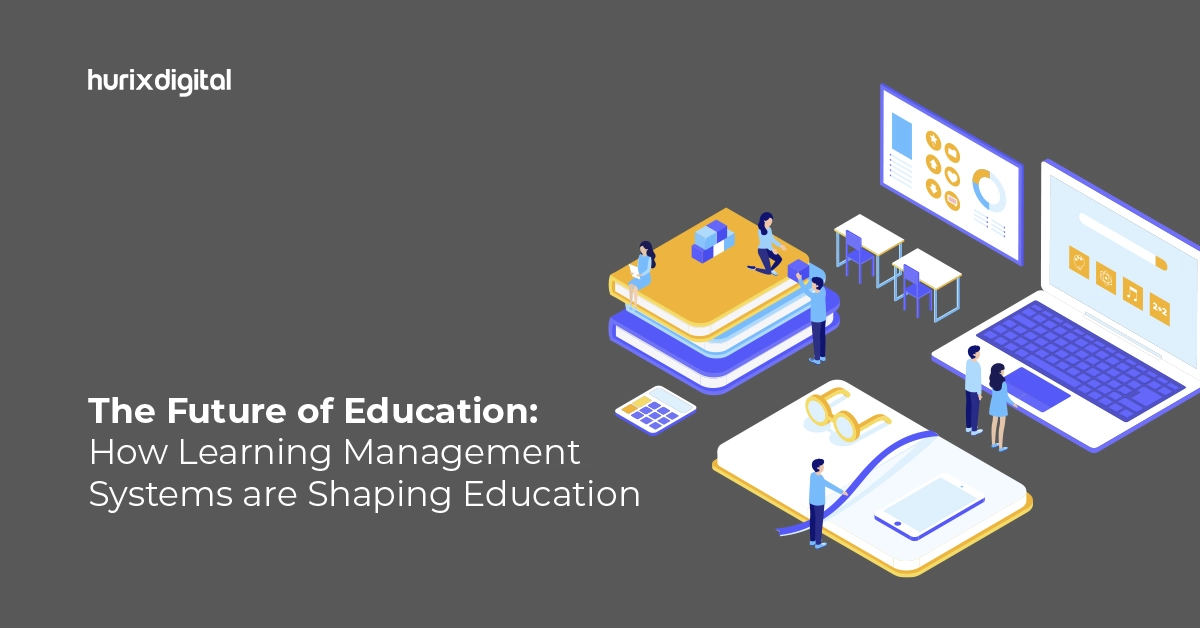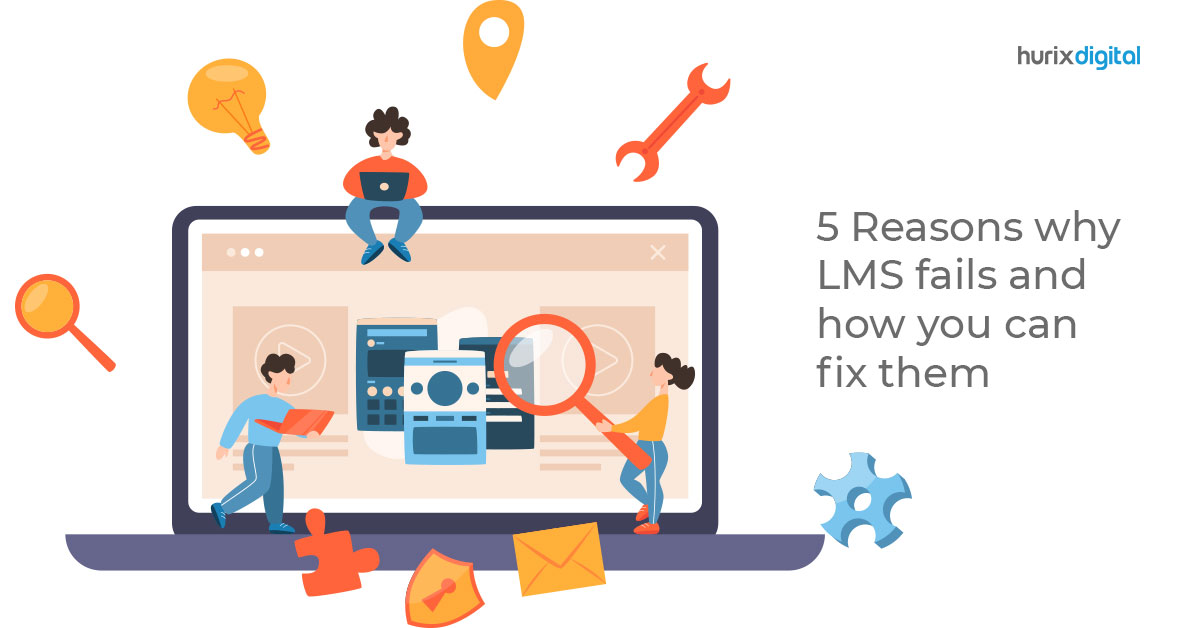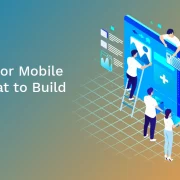
The Future of Education: How Learning Management Systems are Shaping Education
When it comes to student training and education, the landscape is rapidly evolving, thanks to the transformative impact of Learning Management Systems (LMS). These systems have emerged as powerful tools, redefining traditional approaches to learning.
By centralizing resources, Learning Management Systems (LMS) provide students with easy access to diverse learning materials, from bite-sized modules to engaging multimedia content like videos and infographics. They help automate repetitive administrative tasks and streamline the process of teaching and providing skill-based training.
In this blog, we will explore how learning management systems are revolutionizing student training and education. Read on!
Table of Contents:
How are Learning Management Systems Shaping Skill-Based Education?
In today’s digital age, the key to imparting effective education and training lies in leveraging the power of digital tools.
Here are some ways in which LMS are shaping student education:
1. Centralized Access to Resources
The training resources include bite-sized lesson modules and media-rich content in the form of videos, audio, animations, infographics, and other multimedia mediums.
Bite-sized modules are easy to attend to and foster an in-depth understanding of concepts, one minute at a time. In addition, media-rich content makes learning a highly engaging experience, helps students understand the concepts better, and improves their capacity for information retention.
Learning management platforms help educators arrange these training resources in one place, enabling students to find and access training material easily.
Also Read: Understanding the Different Types of LLMs and Their B2B Applications
2. Personalized Learning
Every student has different training needs and a preferred style of learning. LMS enables educators to tailor the training experience to each student’s needs. Students can thus learn at a pace that is comfortable for them.
They can modify the adjustable features of their learning material. For example, they can zoom in or zoom out, change the background color, alter the font size, etc. They can also highlight passages, make notes, and add comments to the material.
In addition, they can learn according to their learning style. For example, if a student prefers a visual learning style, they can learn by watching videos, animations, and reading infographics.
3. Gamified Learning
Students have a lot of work to get done and, as a result, may not feel motivated to complete their training. The LMS helps educators tackle this problem by enabling them to make the training experience as captivating as possible. LMS enables educators to introduce elements of gamification in the learning process.
LMS enables educators to add numerous goals to the lesson modules, with each goal a bit more difficult to achieve than the previous one.
When a student completes one goal, the student is rewarded with elements like badges, points, scores, etc. Gamification elements drive students to achieve one goal after another, keeping them hooked on learning.
4. Scenario-Based Learning
LMS enables educators to provide students with hands-on learning through scenario-based learning. According to 97% of educators, hands-on learning helps students acquire and become more skilled in their subject area.
In scenario-based learning, students are placed in a virtual real-life scenario using VR headsets, and they need to figure out a solution for the problem encountered in the scenario. This kind of learning gives students a chance to apply the knowledge gained through training material and enhances their problem-solving, critical thinking, and decision-making capabilities.
5. AI-Powered Assessments
Assessments provide the means to evaluate student progress and comprehension.
LMS enables educators to curate a broad variety of AI-powered assessments, including multiple-choice questions, fill-ups, true or false, match the following, and more. Educators can also develop subjective assessments like project-based assessments and case-based assessments.
When students have completed a lesson module, they can choose and complete the assessments given at the end of that module. This will enable educators to gain regular insight into the progress made and the knowledge gained by each student. This will further enable them to identify areas needing improvement and provide actionable feedback to students.
6. Learner Analytics
LMS tracks student progress and generates an analytical report. This analytical report takes into account student engagement, behavior, learning needs, scores on assessments, and recommended feedback.
Based on all this data, LMS produces analytical reports for every student. These reports help educators establish key performance indicators and become aware of the standing of every student against these indicators. These reports further enable educators to inform individual training pathways and provide a wholesome training experience to every student.
7. Adaptive and Up-to-Date Learning
LMS makes it easier for educators to update the training material and thus enables them to provide up-to-date training to students.
In addition, with the integration of AI, LMS enables educators to provide students with an adaptive learning experience. This means that an AI-powered LMS keeps modifying the training material in real-time to meet the learning needs of every student.
8. Flexible and Certified Learning
LMS makes learning flexible, allowing students to pursue training at a time of their convenience. It allows students to effectively juggle their professional and personal life commitments.
Besides flexibility, LMS is equipped with the capability to issue certificates once the students have completed their training. LMS, thus, offers a legitimate means of providing professional development opportunities to students.
Also Read: 10 Applications of Large Language Models (LLMs) in Medical Education
Final Words
Learning management systems hold the key to imparting skill-based education and training in today’s digital age.
Effective training not only improves students’ outcomes but also their sense of satisfaction with the educational institution, which, in turn, boosts the institution’s reputation.
If you want to enjoy an enhanced reputation and, as a result, increased profits as an educational institution, it’s high time to start investing in learning management systems for businesses.
In this regard, you can consider partnering with Hurix Digital to access cutting-edge LMS solutions. We offer a top-tier learning management system that can be customized to suit your institution’s specific requirements.
Connect with us for further information.

Vice President & SBU Head –
Delivery at Hurix Technology, based in Mumbai. With extensive experience leading delivery and technology teams, he excels at scaling operations, optimizing workflows, and ensuring top-tier service quality. Ravi drives cross-functional collaboration to deliver robust digital learning solutions and client satisfaction






